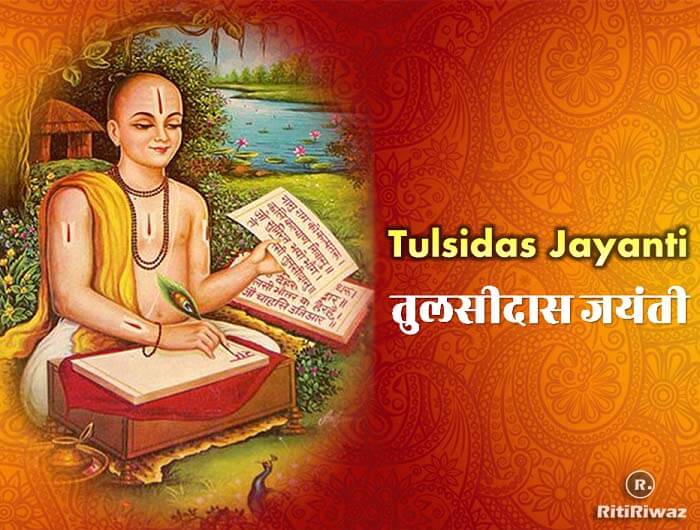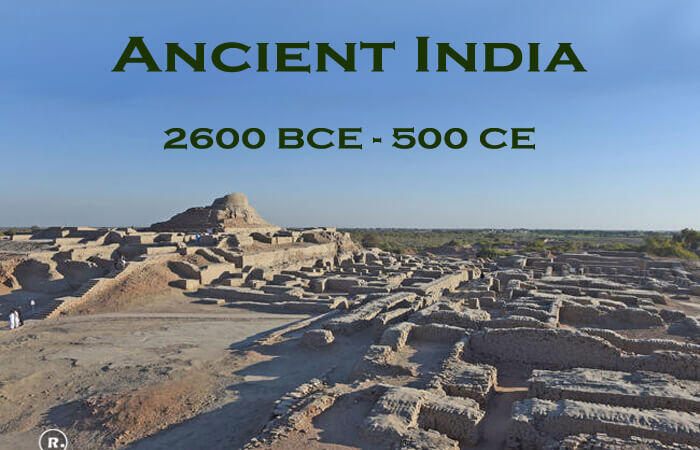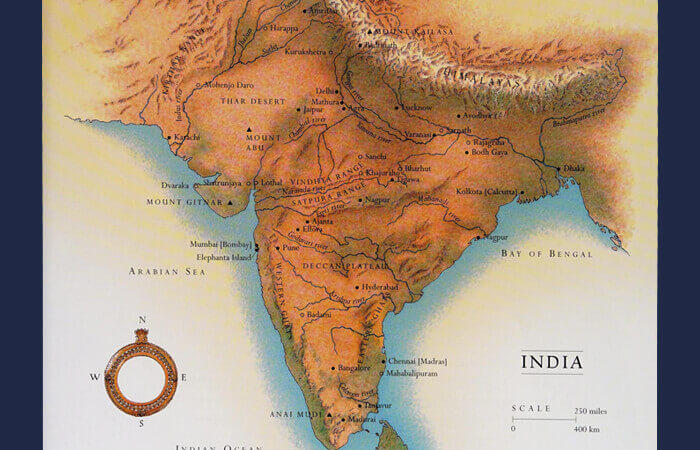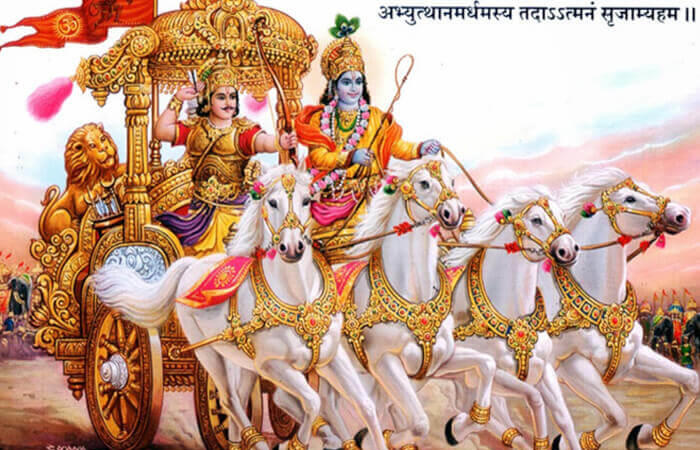Goswami Tulsidas Jayanti 2025 Date

Tulsidas is known as one of the greatest poets in the literary world of the 16th century. He is the composer of several popular works, the best-known work is as the author of epic Ramcharitmanas “Lake of the deeds of Rama“. It is considered one of the greatest works of Hindu literature, it is the Awadhi variant of the Ramayana composed by Sage Valmiki.
Tulsidas had not only written one book but he is also known for writing numerous numbers of books like Dohavali, Kavitavali, Parvati Mangal, Sahitya Ratna, Krishna Gitavali, and Vinaya Patrika. He is also the composer of Hanuman Chalisa which is known for its claim of the distance between sun and earth.
Tulsidas Jayanti is observed in Sharavana month, on Saptami of the Krishna Paksha (seventh day of the dark fortnight of the moon). In 2025 Tulsidas Jayanti is being celebrated on 31st July (Thursday). On his Jayanti, people recite verses from Ramacharitmanas and chant Hanuman Chalisa.
Tulsidas Life
The name is a compound of two Sanskrit words: Tulasi, which is an Indian variety of the basil plant. and Dasa, which means a slave or servant. Tulsidas thus means a servant of the plant Tulsi. Tulsidas is believed to be a reincarnation of Valmiki.
Goswami Tulsidas was born in Rajapur (Chitrakoot), a village on the banks of the river Yamuna. Goswami Tulsidas lived his whole life as well as died in the city of Benares in India. Due to the inauspicious events at the time of his birth, he was abandoned by his parents on the fourth night, sent away with Chuniya, a female servant. In his works Kavitavali and Vinayapatrika, Tulsidas attests to his parents abandoning him after birth due to an inauspicious astrological configuration.
Tulsidas was adopted by Narharidas at the age of five and was named Tulsidas. He had his upanayana when he was 7 years old. He began his learning at Ayodhya first. He learned Rama Katha through Narharidas for the first time at a temple dedicated to Varaha (boar avatar of Vishnu) and was greatly influenced by the ideals and life of Rama.
Later he came to Varanasi, learned Sanskrit grammar, Vedas, Vedangas, astrology, and Schools of Philosophy from his guru Shesha Sanatana. He came back to Chitrakoot to find that his parents were no more and paid relevant obeisance to them. He stayed in Chitrakoot, narrating the Ramayana Katha to the people there.
He was married to Ratnavali to whom he was greatly attached. He was unable to live without her and did not wish to leave her for a moment. They had a son with the name Tarak who died in his infancy. One day, when Tulsidas went to the Hanuman temple, Ratnavali went to her father’s home.
Tulsidas became a saint to seek salvation. He spent most of his time at Varanasi, Prayag, Ayodhya, and Chitrakuta but visited many other nearby and far-off places. He was a great devotee of Lords Rama and Hanuman and had many spiritual experiences that showcase how he had darshan of Rama and Hanuman face to face. He was the most influential Hindi poet during the rule of Akbar.
Ramcharitmanas
The original story of Lord Ramachandra, an incarnation of Lord Krishna or God, was written by Maharishi Valmiki. It was when Lord Rama’s appeared on earth in the Treta Yuga, and this story is famously known as the Valmiki Ramayana. Stories relating to Lord Krishna and his incarnations are also found in many other Vedic pieces of literature, such as the Puranas, all of which are written in the Sanskrit language. Sanskrit, known as the language of the gods, is a very difficult language for people to understand in this age of Kali.
Tulsidas wanted to make Lord Rama’s story more accessible to today’s society. He wrote the Ramacharitamanasa, also known as the Tulsi Ramayana, in Awadhi, which is a dialect of the Hindi language. His version is based on the historical accounts of Lord Rama found in all the Vedic literature. But is especially based on the Valmiki Ramayana and the Adhyatma Ramayana found in the Brahmananda Purana. Tulsidas’s Ramayana is written in a mood of pure devotion, using beautiful poetry, making it a wonderful read for anyone.
In honor of Tulsidas, a ghat in Varanasi has been named Tulsi Ghat. Further, the Hanuman temple in Varanasi with the name Sankatamochan Temple was founded by Tulsidas.
Let us salute Tulsidas, the great poet, saint, and philosopher for his meaningful renderings in Indian Literature, making it supreme in the arena of global literature.
Popular Doha by Tulsidas
आवत ही हरसय नहीं, नैनन नहीं सनोह । तुलसी वहाँ न जाइये, चाहे कञ्चन बरसे मेर ॥
(Aawat hi harshe nahin, nainan nahin saneh. Tulsi tahan na jaiye, chahe kanchan barse megh.)
Meaning – A place where people are not happy or welcoming when you come, where their eyes have no affection for you, Don’t go there, even if a mountain of gold is showered.
Suggested Read: Sant Kabir Jayanti






